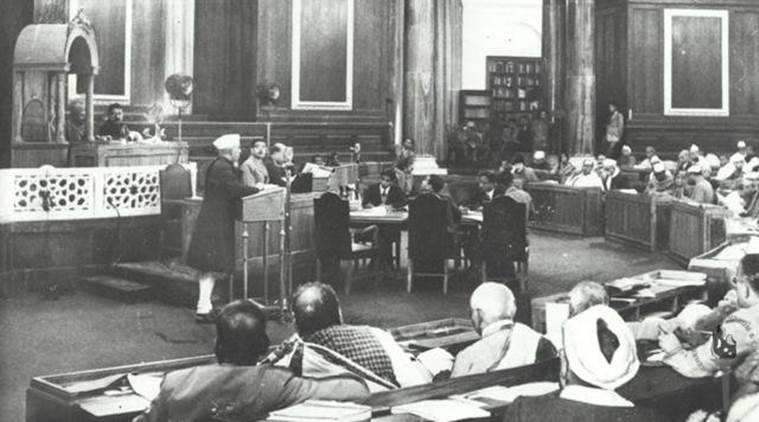
Various constitutional bodies have recently been seen to be eroding their adherence to constitutional provisions, morals, and ethos. The Constitution and its restrictions have been made fun of by the actions of the governors of several states.
Debates – the Governor
- The Constitution should make it mandatory for the governor to exercise their power in accordance with the Constitution and the Law, that is, on the advice of their ministers as provided for in the subsequent clauses and other sections of the Constitution, according to Professor K.T. Shah in 1949 when discussing Article 130 (now Article 154) of the Constitution.
- President’s appointment of a governor: It was strongly contested whether or not the Governor should be chosen by the Indian President. Instead, the Assembly adopted nomination by the President out of concern that this might result in a rival State leadership.
- In spite of the relatively limited authority granted to him by the Constitution, G. Kher once observed that “a Governor can do a great deal of good if he is a good Governor and he may do a great deal of evil, if he is a bad Governor.”
- The governor’s friendly intervention: K. Sen questioned if the governor would support democracy by interfering or undermine it. It would essentially be a democratic surrender. The Governor will now serve as a constitutional head, as agreed upon. He would be the one to actually lubricate the machinery and make sure that everything ran smoothly without interfering, but rather because of his friendly intervention.
- Aid and counsel from the cabinet: According to R. Ambedkar, the Governor is obligated to follow the advise of his ministry in all areas under the tenets of the New Constitution. So instead of nomination or election, the true question before the House is what authority you want to give your Governor.
- If the governor is a strictly constitutional governor with no additional powers beyond those we clearly intend to grant him in the Act, he should be nominated rather than elected. Personally, I don’t see any very basic issues with the nomination principle.
Conduct of Governor’s duty
- In the case of Shamsher Singh v. State of Punjab, the Supreme Court rendered the following ruling in 1974: In accordance with Article 166 of the Constitution, the Governor “exercises all his rights and functions” through issuing regulations for the efficient conduct of State government activity. These are referred to as business rules.
- The Court said, “Wherever the constitution requires satisfaction of the President or the Governor for the exercise of any power or function by the President or the Governor, as the case may be, as in Articles 123, 213, 311(2) proviso (c), 317, 352(1), 356 and 360. Under the Cabinet form of government, the satisfaction needed by the Constitution is that of the President or the Governor in the constitutional sense.
- Governor cannot run a parallel government because it is not intended by the Constitution. The fundamental tenet is that the Council of Ministers alone represents a responsible form of administration in the States, and that in a democracy, the elected Ministers must assume accountability for every executive act.
@the-end
The governor’s job is to support the chief minister of state, not to cause problems for him or her. The governor shouldn’t behave in a way that devalues the authority of his or her constitutional position. While performing his duties, the governor is required to uphold constitutional morality.
